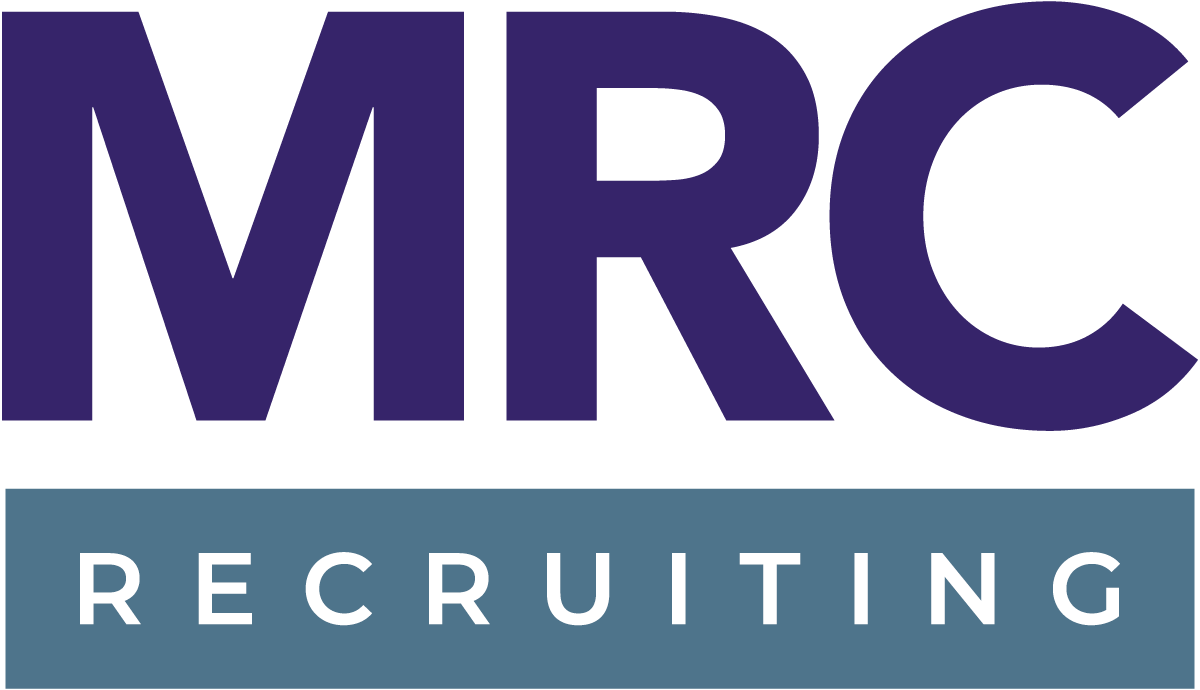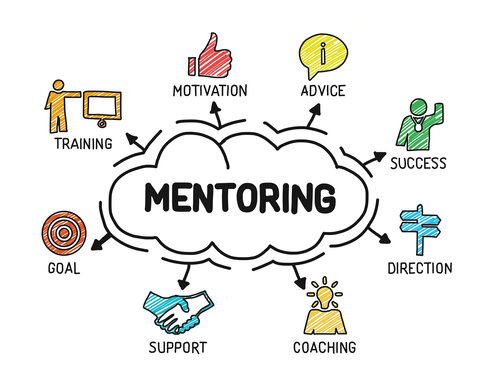We have been aware for some time in the mining industry that our senior workforce (baby boomers aged 55 or over) represented a large portion (27% according to the Society of Human Resources Management, SHRM) of our industry and as they retire there are fewer individuals to take over their positions. The roles that will be most difficult to fill due to talent shortages will be technical positions, site management and superintendent levels.
Mercer Consulting estimates that nearly 20% of the population representing these roles as well as C-Level positions are over the age of 60 in the mining industry. And since Covid began last year, Pew Research Center has found an additional 3 to 5% of baby boomers retired in 2020. It is time for the mining industry to start getting aggressive about mentor programs and knowledge transfer for entering, junior and mid-level mining professionals.
As a recruiter focused on the mining and resources sector, I find that many senior level professionals in mining don’t always retire in a traditional fashion. They may elect to move into part-time or consulting positions, or board and advisory roles. More often I am seeing progressive mining companies utilize them as part-time and since Covid as remote help to train or mentor others into their previous roles.
However, this isn’t happening nearly often enough, I imagine due to a constraint on resource and often just figuring out how to coordinate this kind of relationship. We should use this ‘soft’ retirement to our advantage and actively encourage knowledge transfer and mentor programs lead by senior managers formally or informally.
Mentoring provides many advantages for both the mentor and mentee and for companies who utilize this kind of program internally. Mentors can act as a sounding board and help to advise and guide a mentees career. They often teach them about the day-to-day, as well as provide insight on the big-picture goals and how the mentee’s role fits in and impacts the company. Mentors are also great for expanding networking opportunities and demonstrating the value of them in a small industry. Mentors can help elevate the quality of work and assist in the critical knowledge transfer. When it’s the right match, knowledge transfer can happen both ways, from mentor to mentee and vice-versa, and often helps convey a positive company culture and thus retention.
Over the past several years, I have noticed a handful of mining associations work to formalize mentoring programs. At MRC we have also worked to provide introductions and help expand networks for our clients/candidates for mentors/mentees. There is no magic bullet for creating these relationships – formally or informally – this requires active effort on both sides. However, there are vast benefits. In my conversations with candidates, both junior and senior level, there is a recognized need for it. I hope we see this initiative take off (soon) in our industry.
If you would like to be a mentor or you are in need of a mentor, I am happy to help! Reach out to me and let’s see how we can connect you!
If you’re looking to make a career change, MRC can help connect with us or submit your resume.

